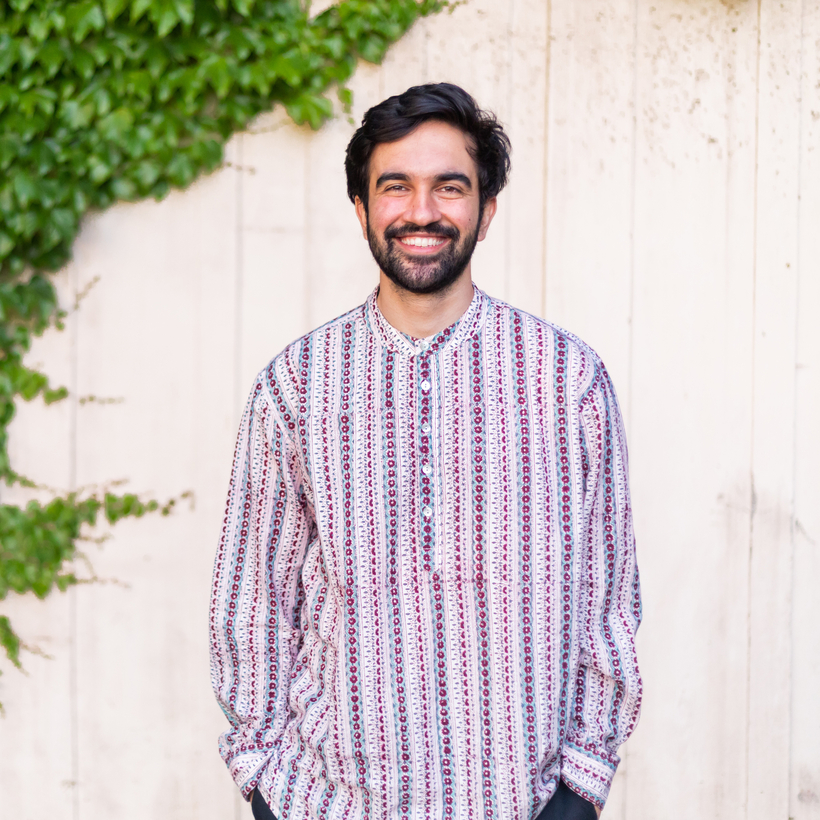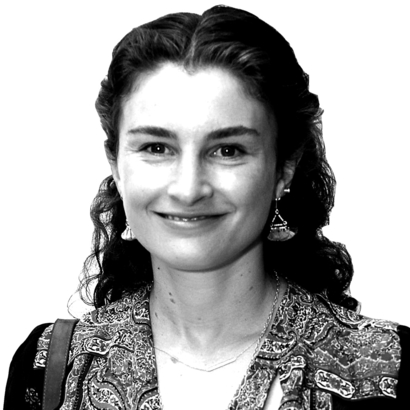When he was a high-school junior running for class vice president at Bronx Science High School, Zohran Kwame Mamdani rapped his platform, which included a call for fresh juice in the cafeteria. He did not emerge victorious, but a decade later Mamdani was working as a foreclosure-prevention counselor and pursuing a side hustle as a rapper known as Mr. Cardamom when he made his second run for office, seeking the 36th District Assembly seat in Queens, which covers Astoria and Ditmars Steinway. This time he won, and he will take office in the New York State Assembly in January.
“Roti and Roses”
Mamdani, who cut his teeth volunteering for the Democratic Socialists of America’s Queens chapter and was inspired to run after working on Tiffany Cabán’s campaign for Queens district attorney, is one of a wave of progressive challengers in New York politics that promises to help dictate the state’s legislation and post-pandemic recovery for years to come. D.S.A.-endorsed candidates won six New York City races. It’s a stark generational baton handoff, albeit a reluctant one, from a cadre of predominantly older, white, establishment Democratic incumbents to a group of diverse, millennial, and far-left-leaning upstarts. After Mamdani’s primary victory, he took to Twitter and declared, “Socialism won.”


